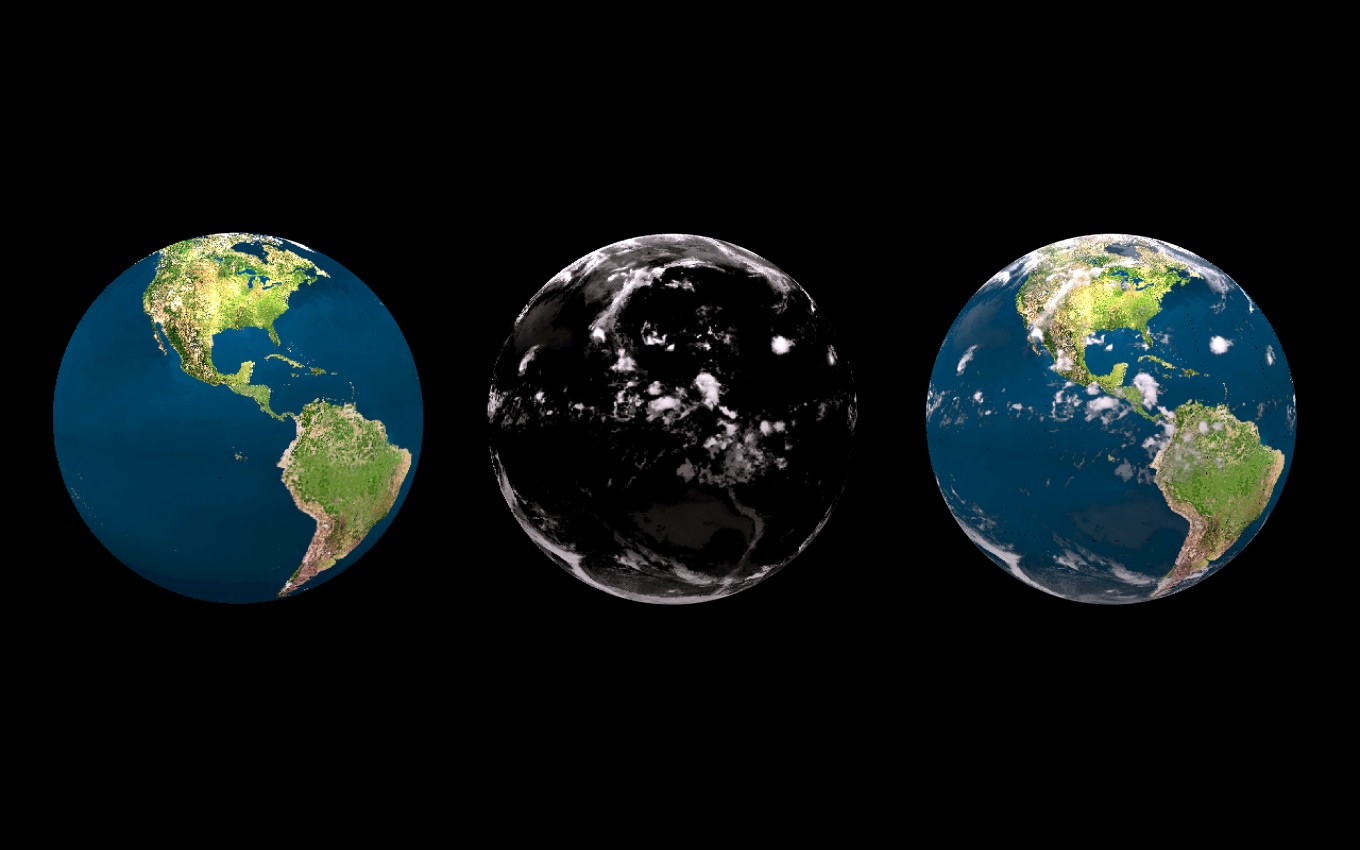

- TERRAVISION GOOGLE EARTH LAWSUIT WHO WON CODE
- TERRAVISION GOOGLE EARTH LAWSUIT WHO WON SERIES
- TERRAVISION GOOGLE EARTH LAWSUIT WHO WON FREE
Photo Credit: Huzaifa Abedeen via Wikimedia Commons
TERRAVISION GOOGLE EARTH LAWSUIT WHO WON SERIES
The series raises questions about the power of “Big Tech” in our society. It’s fair to say that companies have been getting better at cracking down on this, but again we should ask why it should be left to private companies, and not governments, to decide how these large online networks are regulated. But that same anonymity allows hate speech and misinformation to spread. One of the protagonists, Juri Müller, tells his partner that a proto-internet consisting of a phone network available to all, gave him an anonymity that made him feel like he belonged with other people for the first time.
TERRAVISION GOOGLE EARTH LAWSUIT WHO WON FREE
How free should the internet be? Freedom online can mean anonymity, and therefore the ability to discuss ideas without fear, escaping censorship laws or taboo topics.
TERRAVISION GOOGLE EARTH LAWSUIT WHO WON CODE
Related Articles: Facebook and its Horrible, No Good, Very Bad Week | Don’t Be Evil: the Other Side of the Tech Industry | Is Berlin The Next Tech Start-up Capital? Questions raised by the series: how free should the internet be?Īll in all, The Billion Dollar Code poses some very interesting questions.

When Facebook and Whatsapp went down last week, it had a huge effect on businesses and communication worldwide, especially in Latin America, where 85% of internet users depend on its services. We are also now more reliant on them than ever before. Now, vast swathes of the internet are controlled by a handful of companies, Google being one of the largest among them. Unlike the Americans, people in Europe did not view it as a commercial proposition – Terravision suffered from being seen more as an artistic experiment than a digital innovation. Today the internet looks very different to how it did in the early 90s – and that is certainly one of the strong points of the series that depicts it beautifully, especially the early years in the Silicon Valley and the differences with Germany (and Europe), where people did not fully grasp the groundbreaking novelty of the internet. Even the big companies seem different, more benevolent, and focused purely on innovation: the main characters discuss with excitement Google’s interest in their idea, and their motto ‘don’t be evil.’ Of course, their opinion on this changes, as we move forward to the present day, them mockingly using this slogan in front of Google’s lawyer. The Billion Dollar Code also portrays the naivete of techno-libertarian types in the advent of the internet, believing that the vast and mostly unregulated web would always stay that way, free of the influence of governments and monopolies. The protagonists of the series sue Google for infringing on their copyright in order to create Google Earth, just as their real-life counterparts did in 2014. In the series at least, Brian Anderson, the man who created Google Earth, lies and claims that he did not tell them that Google Earth could not have existed without Terravision. Even though ART+COM’s case is very strong, Google still wins in the end. The size of large tech companies naturally stacks the deck in their favour when it comes to litigation. is extremely high, from $5 to $10 million. In fact, the film mentions the cost of litigation which in the U.S. The startups, however, did not sue, because legal fees would have cost more than the buyout. As the series also shows, many big companies offered buyouts of patents from startups, ultimately not buying the patents.


 0 kommentar(er)
0 kommentar(er)
